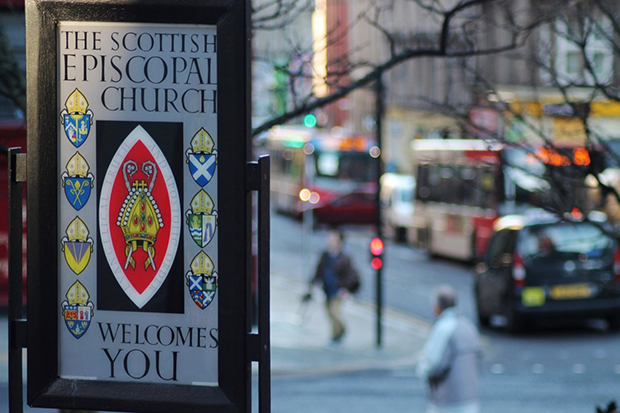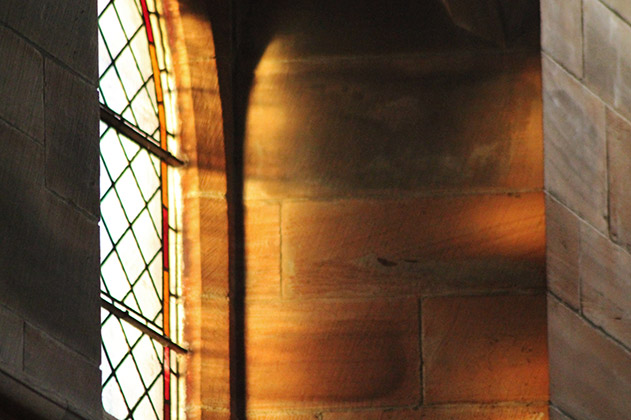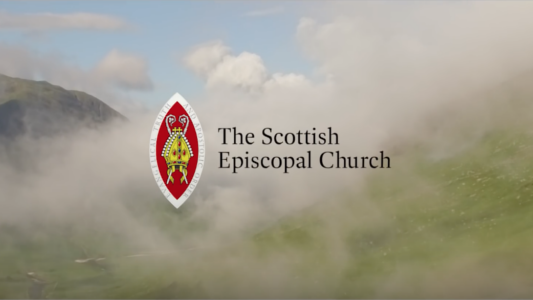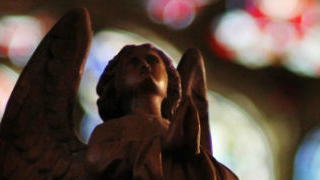The seven Bishops of the Scottish Episcopal Church are collectively known as the College of Bishops.
The College of Bishops meets six times a year to support the strategic development of activities conducted by the five Boards and some of the pendant committees.
One Bishop is elected as Chair who holds the title of Primus (from the Latin ‘primus inter pares’ – ‘first among equals’).
The current Primus is the Most Reverend Mark Strange who is the Bishop of Moray, Ross and Caithness.
Election of Bishops
The process for the election of a new bishop of a diocese is detailed in Canon 4 “Of the Calling and Election of Bishops to Vacant Sees”. There is a long-established principle in the Scottish Episcopal Church that every diocese should elect its own bishop.
It is a single electoral process in three possible stages, set in motion by a Mandate from the Primus, normally issued within 21 days of a See becoming vacant. The Electoral Synod (comprising both clergy and lay members of the diocese) is the body responsible for the election. While it is expected that the whole process will be completed within a year, the Electoral Synod at its Preliminary Meeting will agree its own timetable for all three Stages. It has two opportunities under Stages One and Two to elect, and if the first two Stages do not produce a result, the election passes to the bishops meeting in Episcopal Synod.
The Electoral Synod is assisted in its task by a Preparatory Committee comprising six representatives of the diocese and five members from outside the diocese to represent the wider Scottish Episcopal Church. The Preparatory Committee invites nominations for the vacancy, receives applications, conducts interviews and draws up a short-list of names of candidates for the vacant bishopric. At the First Stage the List must have a minimum of three names and a maximum of five names. At no time are the names of short-listed candidates made public, and they are treated as confidential, along with all documents and proceedings under the electoral process. The Electoral Synod meets with each of the short-listed candidates. A separate Electoral Meeting is then held, and the vote takes place.
If there is no election at the First Stage, following a meeting of the Electoral Synod, the whole process is repeated at the Second Stage. The List at the Second Stage must contain no fewer than two or more than five names.
If there is no election at the Second Stage, the right of election passes, under the Third Stage, to the Episcopal Synod. All members of the College of Bishops normally attend the Preliminary Meeting of the Electoral Synod at the start of the process so that they are fully informed of the needs and aspirations of the diocese. If a Third Stage is required, then prior to the Electoral Meeting of the Episcopal Synod, the bishops meet with the Diocesan Members of the Preparatory Committee to consider the reasons why there has been no election under the two previous Stages, and to discuss the particular needs of the diocese.
Once an election has taken place under any of the three Stages, and the bishop-elect has accepted the election, the name of the bishop-elect is announced publicly, and arrangements are made for their Consecration and Installation. This normally takes place within 3 to 4 months from the date of election.
All those participating in the process should receive training on the process and on spiritual discernment. The General Synod has adopted (a) Guidelines for the election of a bishop and (b) a Commentary for all parties involved in the Electoral Process, copies of which will be provided to all Electors and which are available on the provincial website: https://www.scotland.anglican.org/who-we-are/publications/code-of-canons/.
Appointing a Primus
The title “Primus” comes from the Latin ‘primus inter pares’ (meaning first among equals). The Primus chairs the College of Bishops and represents the College and the wider church at home and throughout the world-wide Anglican Communion. The Primus is elected by the Episcopal Synod which comprises all of the Diocesan Bishops. The bishop who is elected Primus also remains a Diocesan Bishop.








